Hunting
Shed Hunting: Patience is a Virtue
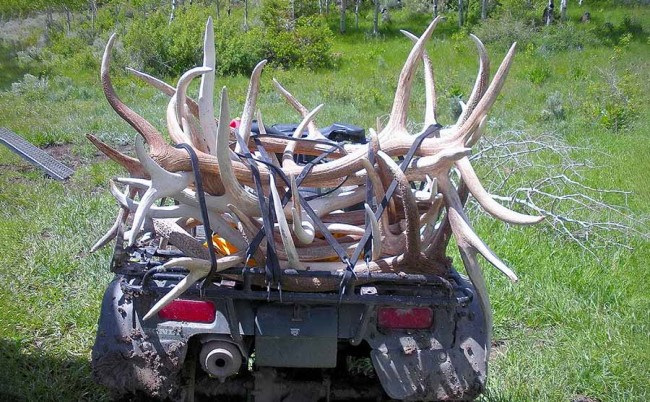
This is the real “trophy hunting”!
After dropping their antlers each winter, male deer, elk, and moose will grow a new set of antlers starting in spring. Looking for the shed antlers is a fun activity, and it can be quite profitable indeed. However, late winter and early spring are a tough time of year for deer, elk, and moose, which is why some states regulate shed antler hunting, and others require that shed hunters take an educational ethics class before shed hunting.
“During winter, big game animals, especially deer, often have a difficult time finding food,” DWR Once-In-A-Lifetime Species Coordinator Rusty Robinson said. “As a result, they often survive on fat reserves they have built up prior to winter. If the animals receive constant pressure from people and repeatedly have to run or move, they use up the fat reserves and energy they need to make it through the winter. Being disturbed briefly once or twice isn’t too significant, but … ongoing, repeated disturbances can be detrimental to deer.”
From late winter through early spring, the habitat that big game animals rely on is usually wet, which means it’s more at risk for damage. The antler gathering ethics courses that states offer can help you learn how to minimize stress to wildlife and also how to avoid damaging their habitats during this critical time of year. These are usually free, or available at a nominal cost. (Here’s Utah’s if you’d like to take it!)
There’s a caveat. Most states release the regulations and don’t require an ethics course if you wait until later in the spring. (The dates for when this happens vary by state, and sometimes by region.) That’s because, by that time, there’s browse available to the animals and “bumping” them by walking through their habitat isn’t dangerous for them.
A final note: If you find a skull with the antlers or horns still attached (often referred to as a “deadhead”), it’s possible the animal was poached. Do not pick up or move the skull or disturb footprints or other evidence at the scene. Instead, you should report it through your local fish and game agency.
-
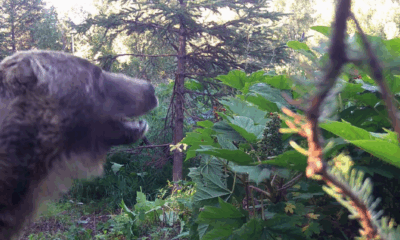
 Hiking & Climbing1 week ago
Hiking & Climbing1 week agoWhen Bears Bring the Drama: A Tail—or Should I Say “Tale”?
-

 Adventure1 month ago
Adventure1 month agoREACTION: Trump’s Make America Beautiful Again Agenda
-

 Gear2 months ago
Gear2 months agoLet Freedom RING! Primary Arms’ Independence Day Category Sale Starts NOW
-

 Adventure2 months ago
Adventure2 months agoU.S. Bighorn Sheep Going Home to Canada
-
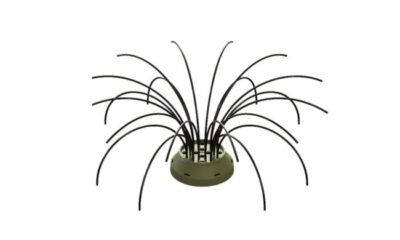
 Fishing4 weeks ago
Fishing4 weeks agoMy Wacky Bush Brings All the Bass to the Yard
-
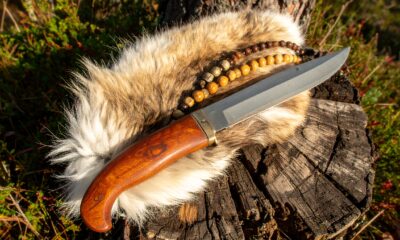
 Camping & Survival2 days ago
Camping & Survival2 days agoField Dressing 101: Knowing When It’s Their Turn
-
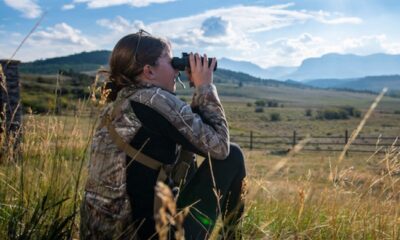
 Adventure3 weeks ago
Adventure3 weeks agoNo Ivy Required: University of Montana’s New Center for Hunting and Conservation
